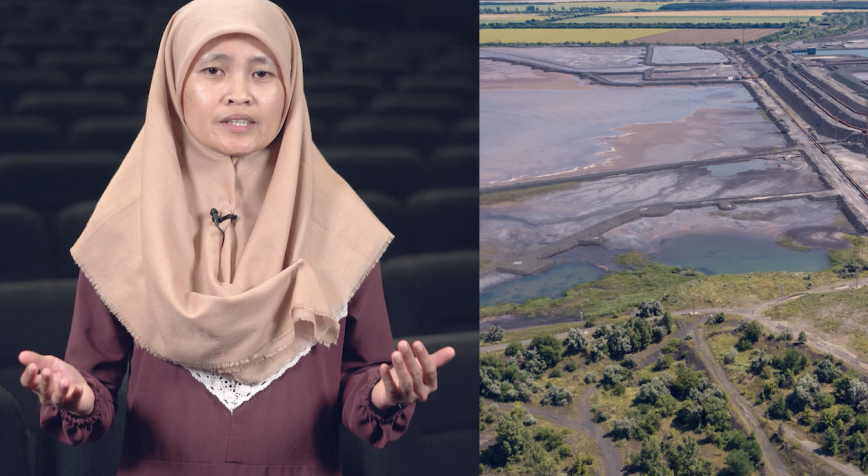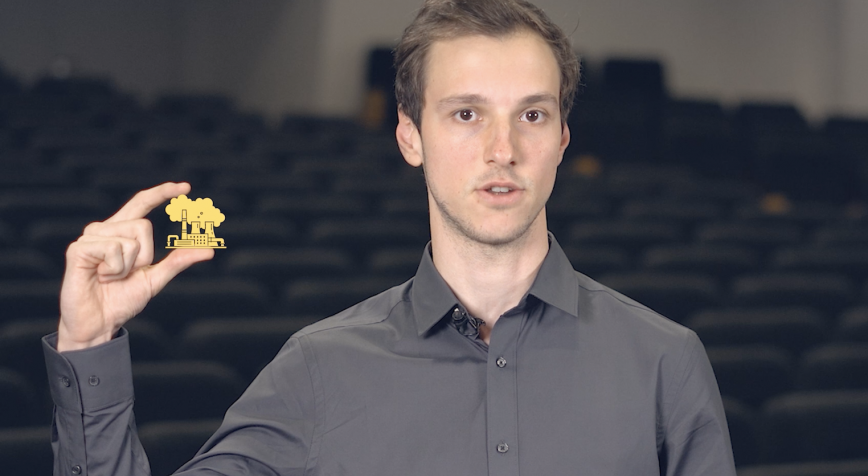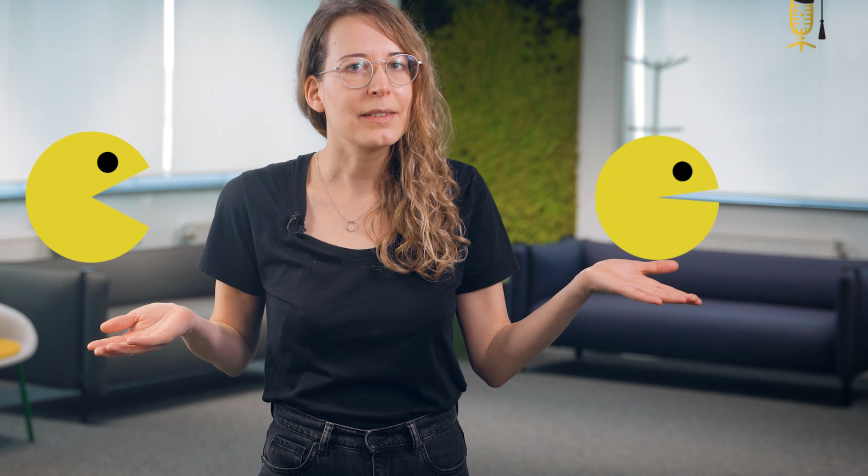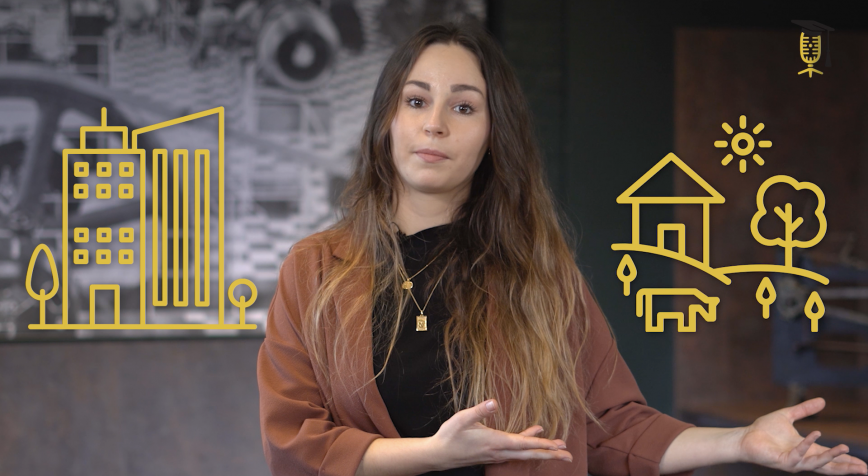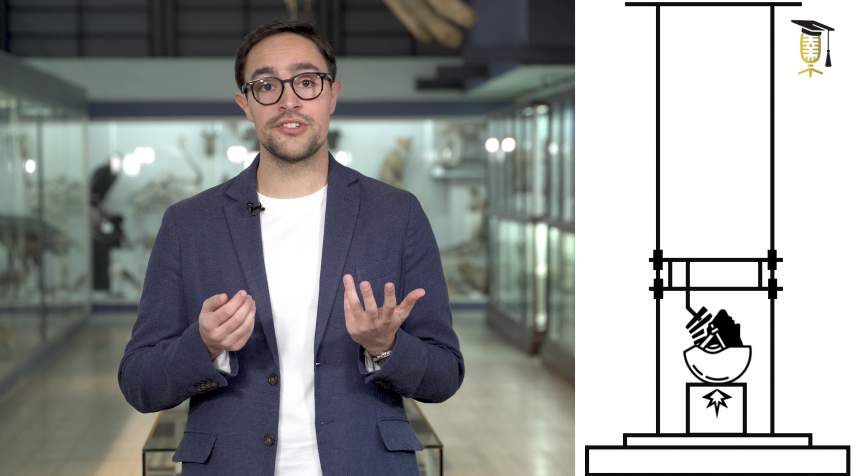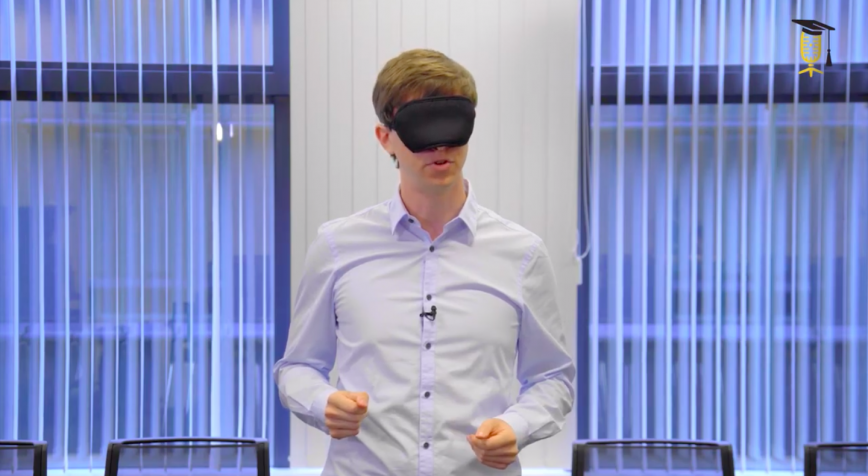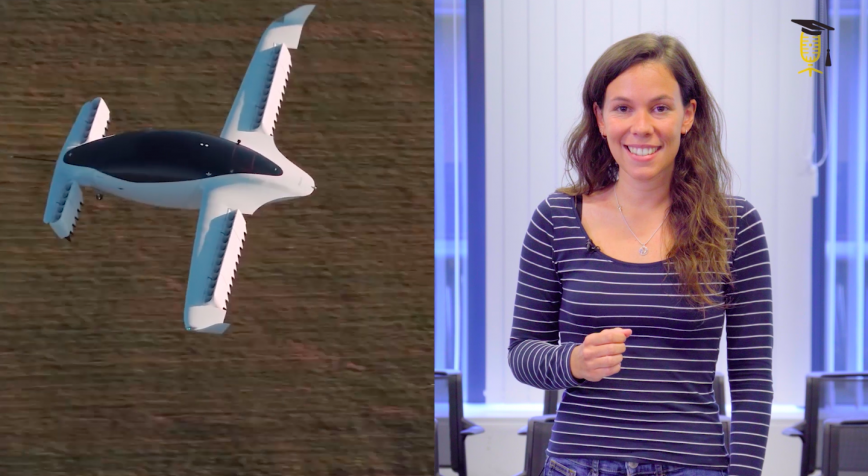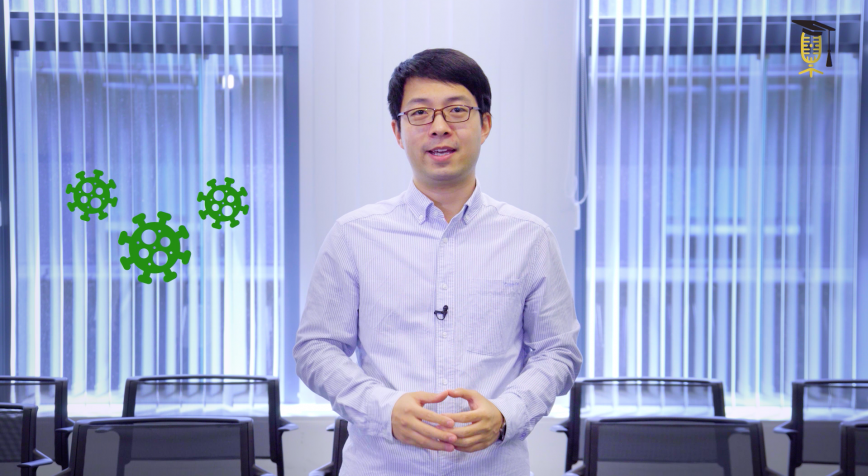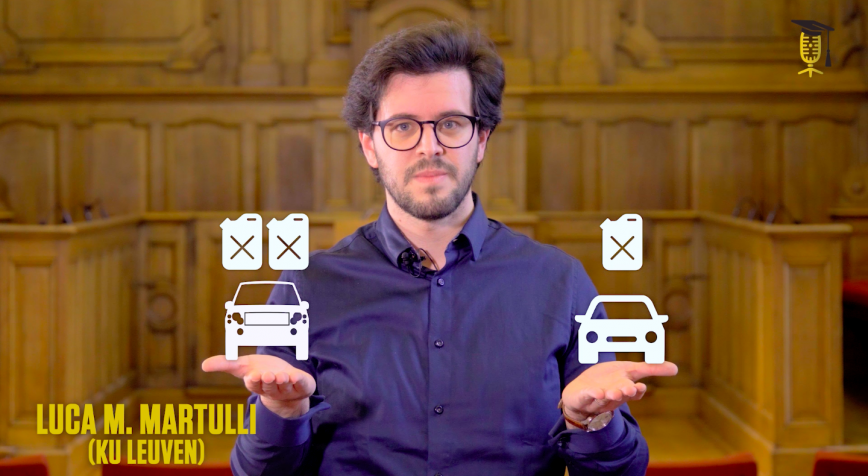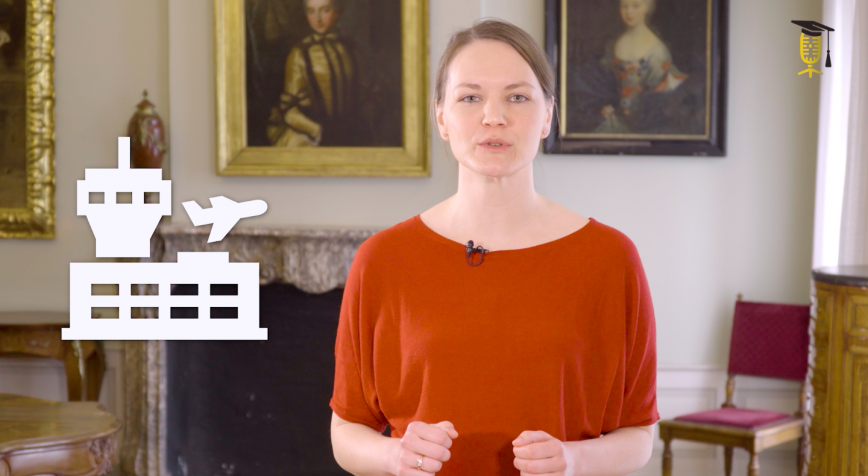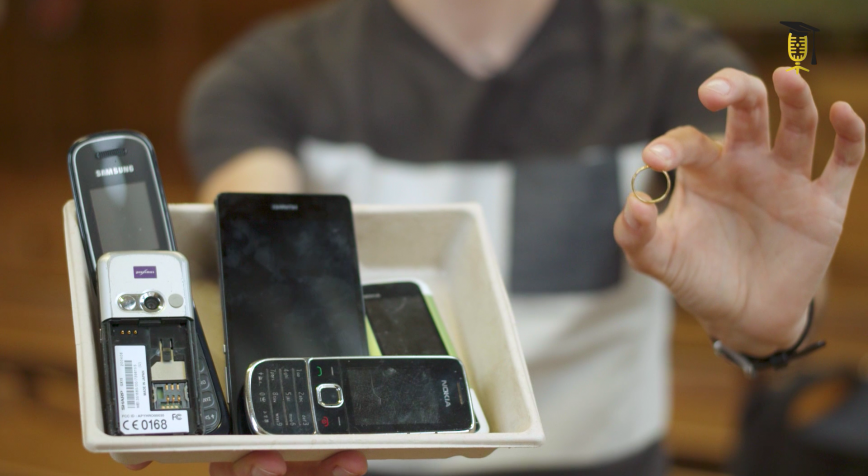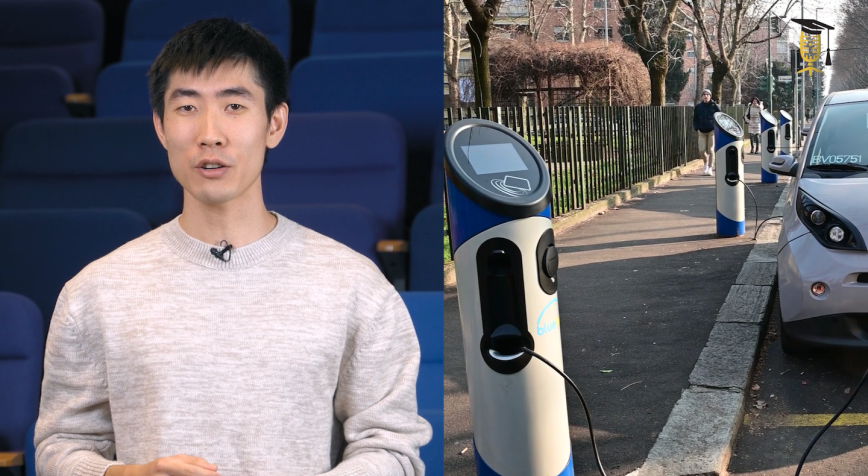
imec
KU Leuven
Let's cover our cars with solar panels
Do you own an electric car? Then you know how difficult it can be to find available charging spots. But what if we cover electric cars with solar panels so that they can charge themselves with the power of the sun? Well, that's not easy because conventional solar panels used on roofs can't be integrated into our cars. Electrical engineer Bin Luo is looking at new solar panels suitable for our cars.
